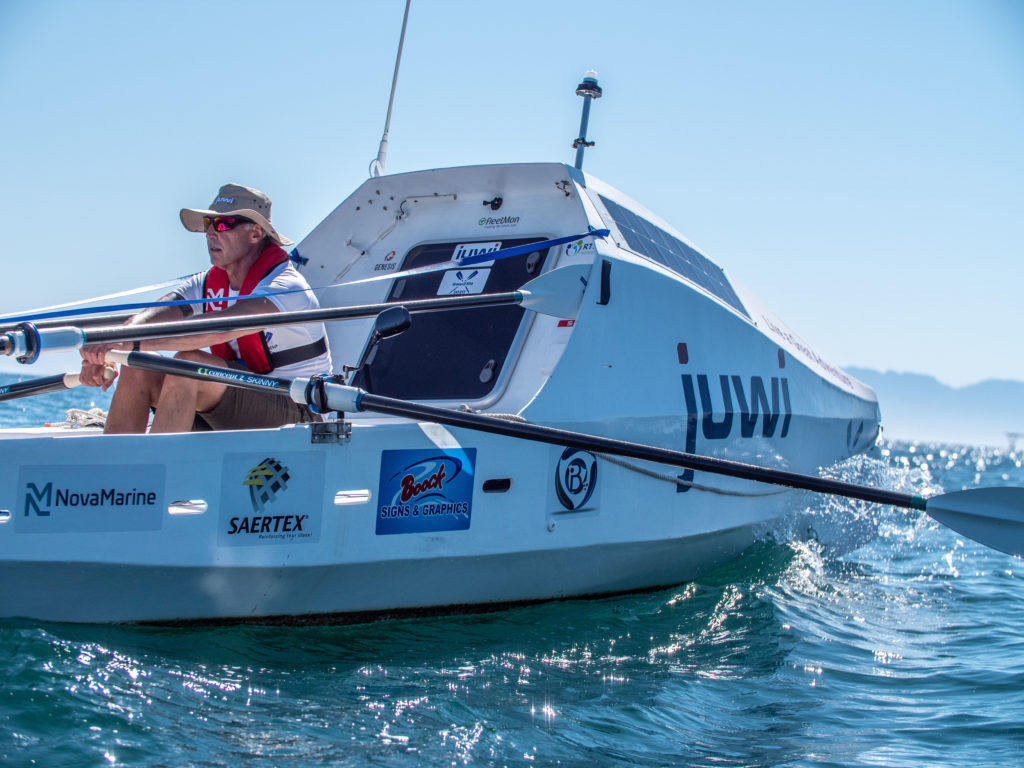Extreme Adventurer and world record holder, Zirk Botha, arrived at Cape Town International Airport on Monday and his family were there to give him a hero’s welcome, along with proud members of the public.
Botha returned to South Africa after completing his solo transatlantic ocean crossing on his boat ‘Ratel’, from South Africa to Brazil in 71 days, a total distance of 7200km or 4000 nautical miles (nm).
View this post on Instagram
After leaving Cape Town on 19 December 2020, Botha rowed on to Cabo Frio on Sunday 28 February 2021, to complete his voyage in 71 days, a new world record.
Fans and media were invited to welcome Botha at Cape Town International Airport – he arrived on Monday 8 March at 13:45 on flight ET847 from Addis Abada.
A world record row
In completing the crossing, Botha set world records as the first South African to row the south transatlantic route alone and unsupported by any safety craft, and for the fastest row from Cape to Rio. A similar route was previously completed by South African duo, Wayne Robertson and Braam Malherbe, in 92 days, in 2017. Brazilian hero, Amyr Klink, crossed the South Atlantic solo in 1984, on a slightly different 3700nm route rowing from Namibia to Bahia over 100 days.
“I completed a solo row across a route that is extremely remote, in a boat I built myself, and I had no safety back up the boat as in organised races. As a solo rower, I had to deal with all physical, mental and emotional challenges without support or relief. I had to navigate 24/7 with no one else to keep a visual lookout for ships or changes in weather conditions while I slept. So, I could not sleep for long periods and became sleep-deprived. When I was not rowing I had to eat, desalinate water, clean the hull and do general boat maintenance, which also impacted on the time I had available to rest.”
Rowing for the planet and sponsored by juwi Renewable Energies, Botha used the challenge to highlight the need for sustainable development to protect the environment. “I relied entirely on solar energy to provide power for the equipment on my boat – I wanted to prove that renewable energy is the future.”
Picture: supplied

